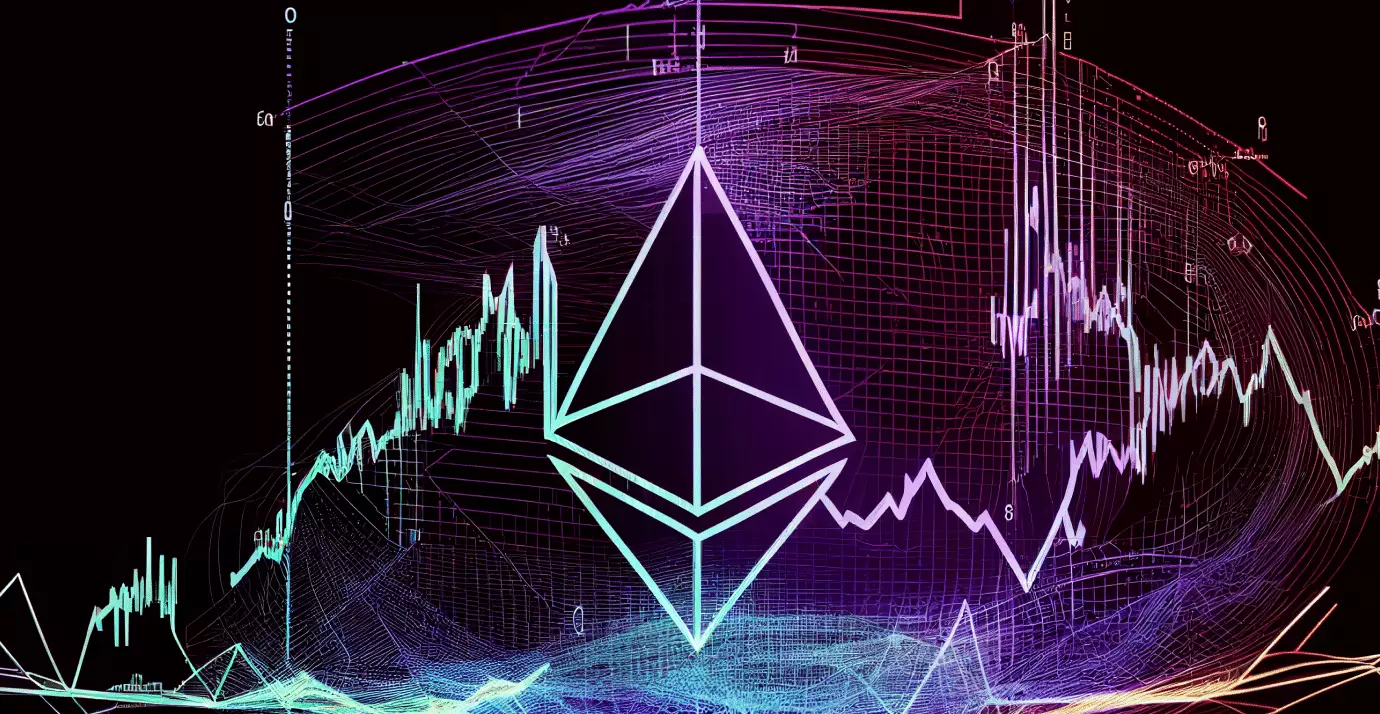Ethereum’s co-founder, Vitalik Buterin, has recently shared his plans to address the issue of staking centralization within the Ethereum network. In an interview with the NFT platform Defiant while in Turkey, Buterin highlighted the importance of reforming Ethereum’s staking process to support more effective mining and staking pools. The ultimate goal is to boost the platform’s decentralization, a crucial aspect for the long-term success and sustainability of Ethereum.
One of the major challenges that Ethereum faces is data availability in off-chain systems. As demands continue to rise, the current infrastructure has proven to be sluggish. To tackle this issue, Buterin introduced the upcoming Ethereum Improvement Proposal (EIP) 4844, known as Danksharding. This upgrade is expected to significantly increase the data map space to 16 Megabytes per slot, improving Ethereum’s scalability and efficiency.
In addition to addressing scalability, Ethereum also aims to revamp its governance structure. Buterin proposed a new voting system that would enable a more democratic and less disruptive process for future changes on the Ethereum network. This could potentially eliminate the need for hard forks, leading to a smoother and more inclusive decision-making process.
Scheduled for early 2024, the Dencun upgrade is set to be a significant milestone in Ethereum’s development journey. Designed to enhance scalability, efficiency, and decentralization, this upgrade holds the potential to reshape the future of Ethereum. By addressing key challenges and implementing innovative solutions, Ethereum aims to solidify its position as a leading blockchain platform.
During the interview, Buterin also mentioned the potential adoption of the Unspent Transaction Output (UTxO) model. This model, currently employed by blockchains like Bitcoin and Cardano, offers a different approach to transaction handling. Ethereum’s consideration of alternative models demonstrates its willingness to explore various strategies to overcome existing challenges within its network.
Upon Buterin’s reference to the UTxO model, Cardano enthusiasts on the microblogging site X couldn’t resist joining the conversation. Charles Hoskinson, the founder of Cardano, playfully quipped, “Ethereum 3 will solve it all,” implying that Ethereum is just catching up to solutions that Cardano has already been working on for years. This lighthearted exchange showcases the friendly rivalry and competition between different blockchain projects in the industry.
Vitalik Buterin’s vision for the future of Ethereum revolves around decentralization and scalability. By overhauling the staking process, implementing a democratic voting system, and exploring alternative models, Ethereum aims to address its current limitations and pave the way for a more efficient, inclusive, and sustainable blockchain platform. As the Dencun upgrade approaches, the Ethereum community eagerly anticipates the advancements it will bring and the impact it will have on the entire ecosystem. The journey towards a decentralized future continues, and Ethereum remains at the forefront of innovation in the blockchain space.















